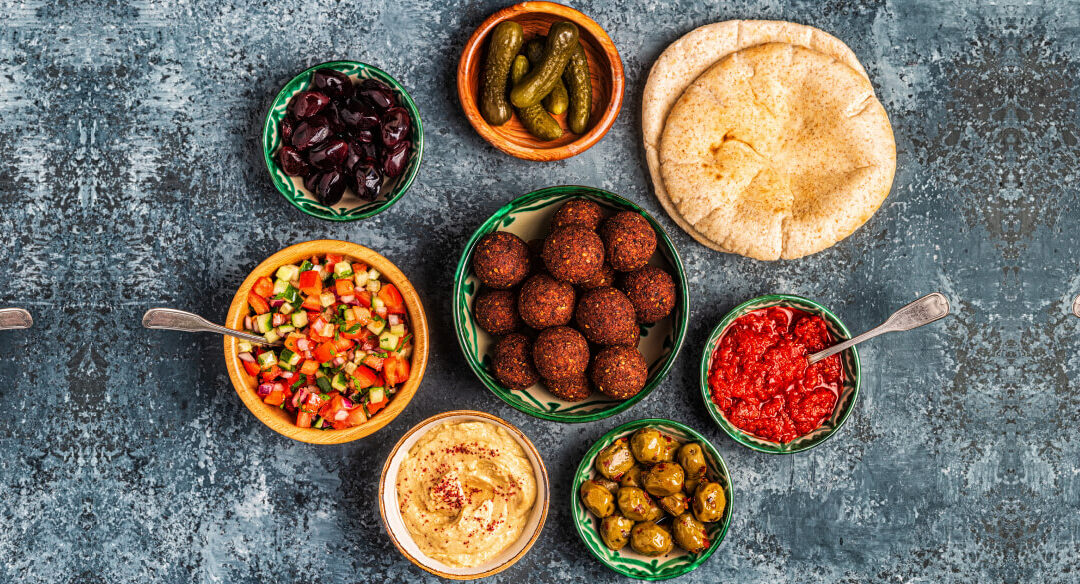Halal Certification is not Only for Meat and Poultry
Halal certification is not just a label for meat and poultry that’s prepared according to Islamic principles but is also relevant for a range of products and services.
Halal certification assures halal-observant communities that what they consume and use is in accordance with their beliefs. The certification is a process conducted by inspectors and auditors who follow a set of scientific standards and guidelines that are firstly and fundamentally based on the detection and exclusion of ingredients considered impermissible by Islamic law. These include intoxicants such as alcohol and drugs, pork, and blood products. Thereafter, halal certification standards look out for animal welfare, food safety, hygiene and sanitation, a transparent supply chain, and continuous checks. These principles underpin halal certification for products and services that we humans consume, ingest or use.
Apart from meat and poultry, the main categories of products and services that regularly require halal certification include:
- Foods and beverages
- Pharmaceuticals
- Supplements and nutraceuticals
- Cosmetics and personal care products, and
the facilities of businesses and organisations such as restaurants
Meat and Poultry
How it was harvested?: Halal certification for meat and poultry considers animal welfare and safe human consumption first. A halal label means the animal was reared and treated humanely during its life and slaughtered in a quick and painless process that ensured it did not suffer. Human consumption of meat and poultry is further safeguarded by draining the carcass of as much of its blood as possible at the time of slaughter to free it of any harmful bloodborne enzymes, microorganisms, and toxins.
How they are processed/prepared, stored and transported: Most halal certification standards will also turn to how and where the meat and poultry are processed, packaged, labelled, stored, and transported. There are two overall considerations: first to make sure there is no mixing and contamination of the halal meat and poultry with non-halal elements across its processing and logistics, and second that the facility is licensed for hygiene and sanitation by relevant authorities to begin with.
Foods and Beverages
What is in them: Halal certification for foods and beverages first considers if they are permissible and safe for human consumption. In order to be certified halal, foods and beverages must be produced only using ingredients, raw materials, processing aids, and additives that are halal and not those considered harmful by Islamic law.
Elements that cannot be included for halal-compliance include:
- Animals allowed by Islamic law but that were not slaughtered the halal way
- Alcohol
- Intoxicating drugs
- Pork and porcine-derived ingredients
- Blood and blood products
- Human parts or its derivatives, and
- Other impure products such as faeces
How they are processed/prepared, stored and transported: The process of halal inspection will also look out for how the foods and beverages are prepared, stored and transported. This includes ensuring that any cleaning or sterilising agents used are also halal, and a distinct segregation from non-halal sections with regards work areas, processing lines, equipment, tools, facilities, packaging, storage, and transportation. This is to ensure non-contamination and non-mixing of the halal foods and beverages with products that are not halal.
Pharmaceuticals
Halal certification for pharmaceuticals considers the same fundamentals of permissibility and safety of consumables as foods and beverages.
In addition, top of mind for pharmaceuticals are the products’ quality and whether they are proven clinically to start with. They must also be properly approved and registered with the relevant drug control authorities.
Supplements and Nutraceuticals
Halal certification for supplements and nutraceuticals considers the same fundamentals of permissibility and safety of consumables such as foods and beverages, and pharmaceuticals.
A key concern for manufacturers producing softgels and capsules is replacing non-halal animal-based gelatin with halal alternatives.
Cosmetics and Personal Care Products
Halal certification for cosmetics and personal care products considers the same fundamentals of permissibility and safety as foods and beverages, pharmaceuticals, and supplements and nutraceuticals. Cosmetics include make-up, skincare creams, and nail polish. Personal care products include shower gels, soaps, shampoos, and toothpaste.
A key concern for manufacturers of halal cosmetics and personal care products is how alcohol is used as part of the manufacturing and production process. There are different opinions as to the use of various types of alcohol in the manufacturing of cosmetics and personal care products. One opinion states that alcohol used in products that are not consumed orally, such as body creams and soaps, have no relation to alcohol as an intoxicant and hence can pass halal certification. Others strictly disallow any use of alcohol.
Facilities of Food Service Businesses
Halal certification for facilities such as restaurants, food stalls and kitchens chiefly look out for non-contamination and non-mixing of halal and non-halal elements. For example, separate preparation and cooking areas, and separate equipment, crockery and utensils.
Halal Assurance for Consumption
Halal certification for all the products and services we need or come into contact with daily assure halal-observant communities that what they consume and use have been prepared in accordance with their beliefs.
With standards and processes informed by animal welfare, food safety, hygiene and sanitation, a transparent value chain, and continuous checks, halal certification is a stamp of approval that uplifts the quality of products and services across a large cross-section of industries.
The American Halal Foundation will process your halal certification application at no cost. Find out how here.

Backed by more than 60+ years of combined experience in global halal standards and practices, the Halal Foundation Editorial Team is dedicated to delivering insightful, accurate, and practical content that empowers businesses and consumers to navigate the halal landscape.




